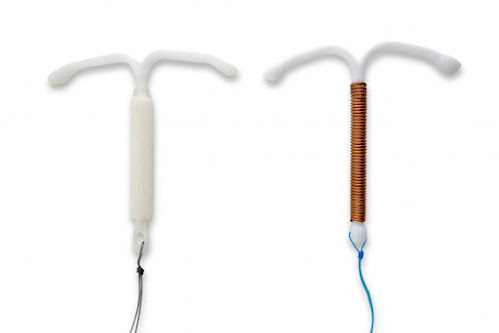posterior repair in dubai: What You Need to Know
Introduction:
Posterior repair, also known as posterior vaginal wall repair or rectocele repair, is a surgical procedure aimed at correcting issues with the posterior vaginal wall, rectum, and perineum. If you're considering Posterior Repair in Dubai, here's what you need to know:
1. Common Indications:
- Posterior repair is typically performed to address a rectocele, a condition in which the rectum bulges into the posterior vaginal wall due to weakened pelvic floor muscles.
- Other indications may include enterocele (a condition where the small intestine bulges into the vaginal wall) or vaginal vault prolapse.
2. Evaluation and Diagnosis:
- Prior to undergoing posterior repair, you'll undergo a thorough evaluation, which may include a pelvic exam, medical history review, and potentially imaging studies such as pelvic ultrasound or MRI.
- This evaluation helps determine the extent of the problem and guides the surgical approach.
3. Surgical Techniques:
- Posterior repair can be performed through various surgical techniques, including traditional open surgery and minimally invasive procedures like laparoscopic or robotic-assisted surgery.
- The choice of technique depends on factors such as the severity of the condition, the patient's health, and the surgeon's expertise.
4. Anesthesia:
- Posterior repair is typically performed under general anesthesia, which means you'll be unconscious during the procedure.
5. Hospital Stay:
- The length of hospitalization varies, but most patients can expect to stay in the hospital for a day or two after posterior repair.
6. Recovery:
- Recovery times vary from person to person but often involve several weeks of limited physical activity and avoiding heavy lifting.
- You'll receive postoperative instructions from your healthcare provider in Dubai, which should be followed diligently to ensure proper healing.
7. Risks and Complications:
- As with any surgery, posterior repair carries some risks and potential complications, including infection, bleeding, injury to nearby structures, and changes in bowel or urinary function.
- Discuss these risks with your surgeon during the preoperative consultation.
8. Follow-Up Care:
- Regular follow-up appointments with your healthcare provider are crucial to monitor your progress and address any concerns or complications.
9. Benefits:
- Posterior Repair aims to alleviate symptoms associated with rectocele, such as pelvic pressure, vaginal bulging, discomfort during bowel movements, and pain during sexual intercourse.
- Successful posterior repair can improve your overall quality of life and restore the normal anatomy of the pelvic floor.
10. Choosing a Surgeon: - Selecting a skilled and experienced surgeon who specializes in urogynecology or pelvic floor disorders is essential for a successful outcome. Research the surgeon's credentials, experience, and patient reviews.
11. Cost Considerations: - The cost of posterior repair in Dubai may vary depending on the healthcare facility, surgeon's fees, and the specific surgical approach used. Make sure to inquire about the estimated cost and discuss payment options with your healthcare provider.
Conclusion!
It's crucial to have a thorough discussion with your healthcare provider in Dubai before deciding to undergo posterior repair surgery. They will assess your individual condition, discuss the potential benefits and risks, and provide you with personalized guidance on the most appropriate treatment approach.



Comments
Post a Comment